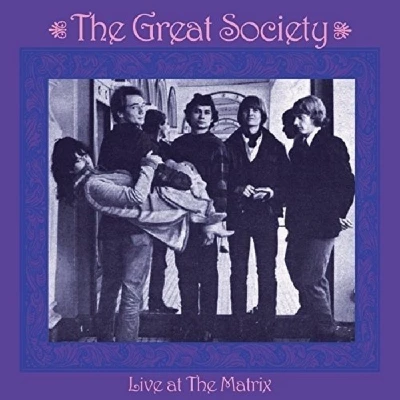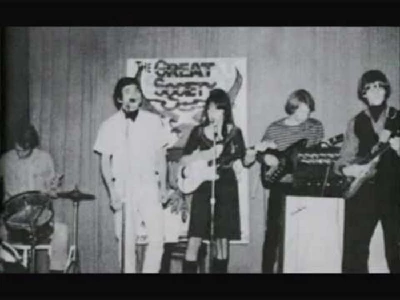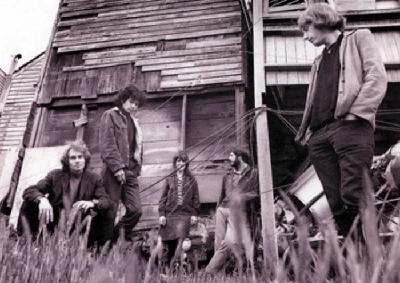published: 29 /
6 /
2018

Lisa Torem reflects on the Great Society’s ‘Live at the Matrix 1966’, which released originally in 1989, honours the San Francisco hippie era/American roots music and the passionate vocals of future Jefferson Airplane vocalist Grace Slick.
Article
Before raven-haired American vocalist Grace Slick became lead singer for Jefferson Airplane, she and her then-husband, lead guitarist/vocalist Darby Slick, performed in a quintet called the Great Society. The band had the chemistry that the 1960’s San Francisco counter-culture movement craved.
Their album, ‘Live at the Matrix 1966’ ,features seventeen of the songs which they played at one of the city’s most popular venues. There is a strong pull towards the blues in the set list; vocals are traded back and forth between Grace and Darby, although the former singer’s voice consistently out shadows the latter.
Darby’s obsession with Indian raga music becomes apparent early on. His electric solos are exploratory; he seems to adore shifting rhythm mid song. Yet at this early stage of his career, he is still discovering the merits of his instrument and the structural transitions are not always smooth.
Darby’s vocals are pretty rough on ‘Down Home Girl,’ but his vocals gather momentum further down the road. On the first version of ‘Born to Be Burned,’ one can already observe the star quality so inherent in Grace Slick’s voice. ‘Talk to Your Father’ further illustrates Darby’s desire to squeeze as many notes as he can into a phrase, whilst ‘Who Do You Love?’ comes off as a fully-fleshed out theme, almost second to none.
‘Black Crowe Blues’ chimes in with an exhilarating calypso beat. ‘Didn’t Think So’ derives its freshness from the mysterious melody. The future hit, ‘Somebody to Love’, shows a lot of promise as a throbbing ballad, but the guitar work doesn’t support the pathos.
‘Darkly Smiling’ is a minor-tinged beauty and ‘Father Bruce’ gets the trophy for telling a unique story, peppered with humour. ‘Daydream Nightmare’ is quintessential hippy medicine. The band lets down their hair on ‘You Can’t Cry,’ the comfort level is high and the energy is contagious. ‘Drive Me Away’ is another narrative that greets the listener with a slap on the face.
‘Outlaw Blues’ offered Grace a chance to belt and she did so with conviction. The harmonies on ‘Get out of My Life Woman’ are splendid and a pleasant surprise.
The album culminates with a recap of ‘Born to Be Burned,’ a coda which reminds us of how talented Grace Slick was, and how sometimes here and consistently thereafter she demonstrated great control of her range and fully comprehended the important role of rock dynamics.
We don’t hear a lot of reaction from the audience. Perhaps the mics weren’t set up to do so? But then again, this allows us time to process the tunes in our one ways and to fuel our own imaginations.
The best thing about this album is the earnestness. More to the point, when it lacks in polish, it excels in heart. And besides, the project lay fertile ground for Grace Slick’s super stardom…
Track Listing:-
Play in YouTube:-
Picture Gallery:-

